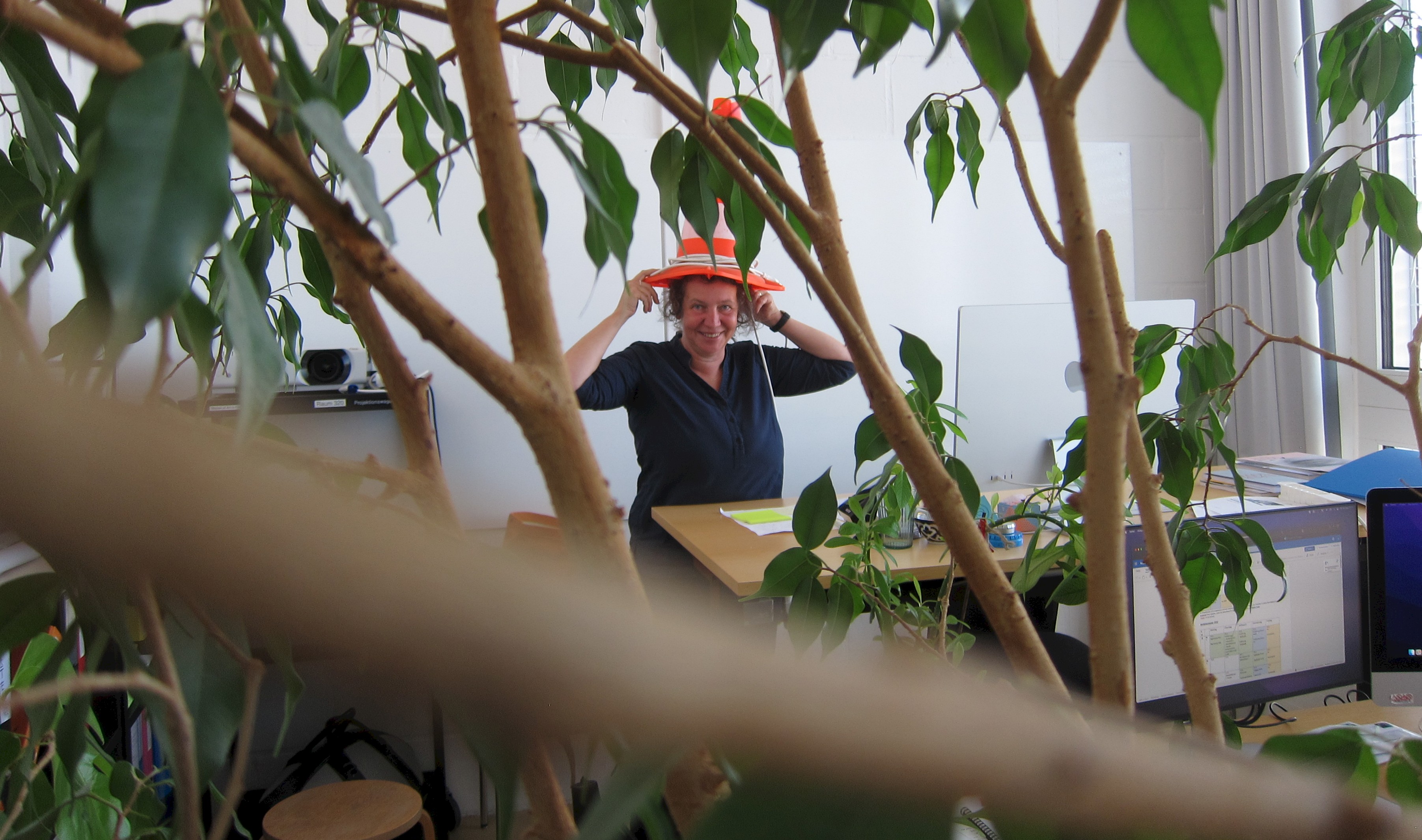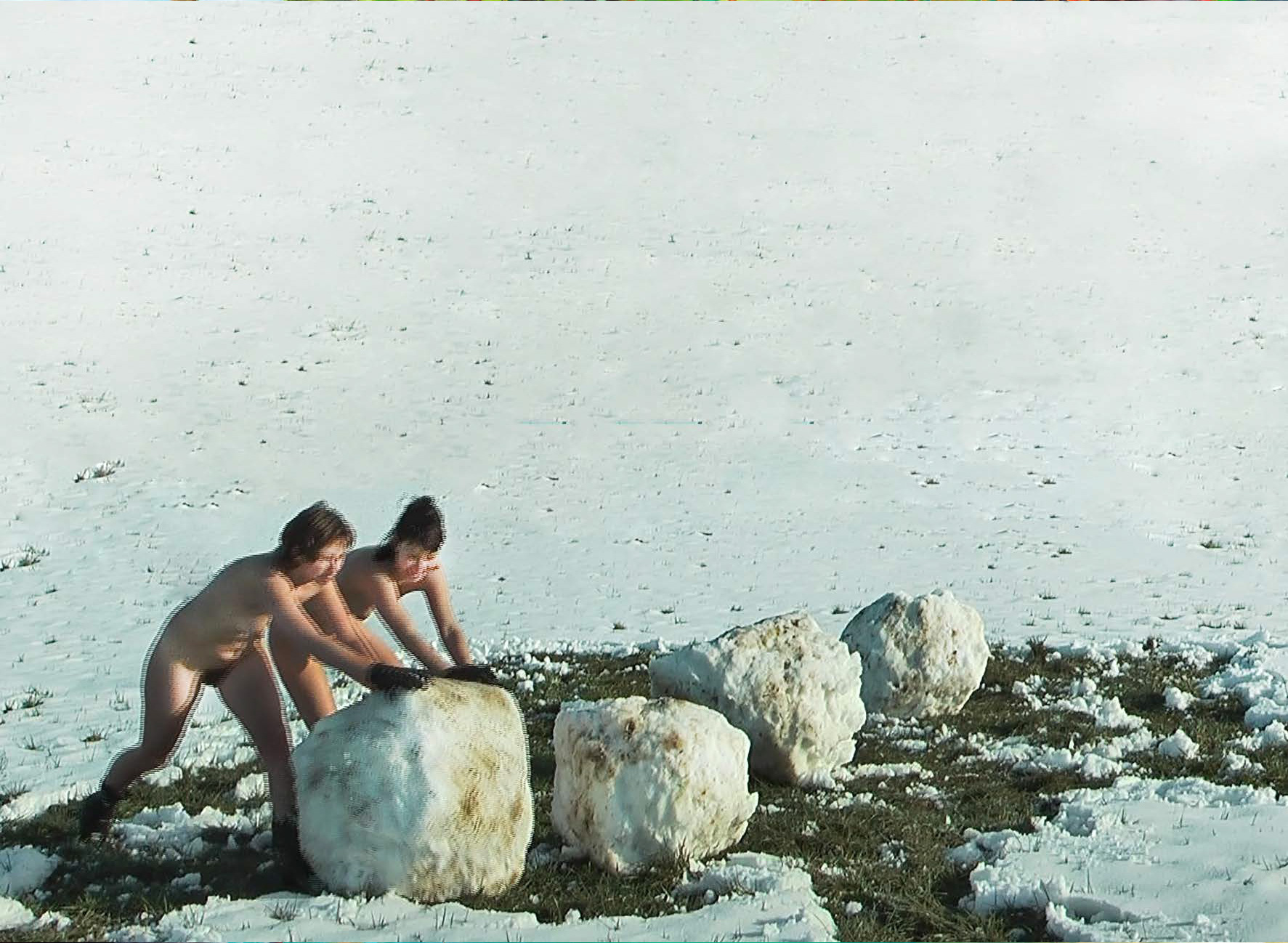Das Studium im Major Critical Image Practices vermittelt Kenntnisse und Fähigkeiten zu einem gesellschaftlich relevanten, kritischen Umgang mit dem zeitgenössischen Bild in all seinen Erscheinungsformen. Ausgehend von grundlegenden Begriffsfeldern und aktuellen Themen der herkömmlichen Bildmedien, aber auch bei den digitalen Produktions- und Verbreitungskontexten, werden theoretische Fragefelder erarbeitet und mit dem eigenen künstlerischen Prozess in Verbindung gebracht. Es werden aktuelle Methoden der künstlerischen Forschung erprobt und Schlüsselpositionen der Gegenwartskunst sowie Inhalte aus dem Bereich der „Cultural Studies“ und der „Critical Visual Studies“ untersucht und mit einbezogen.
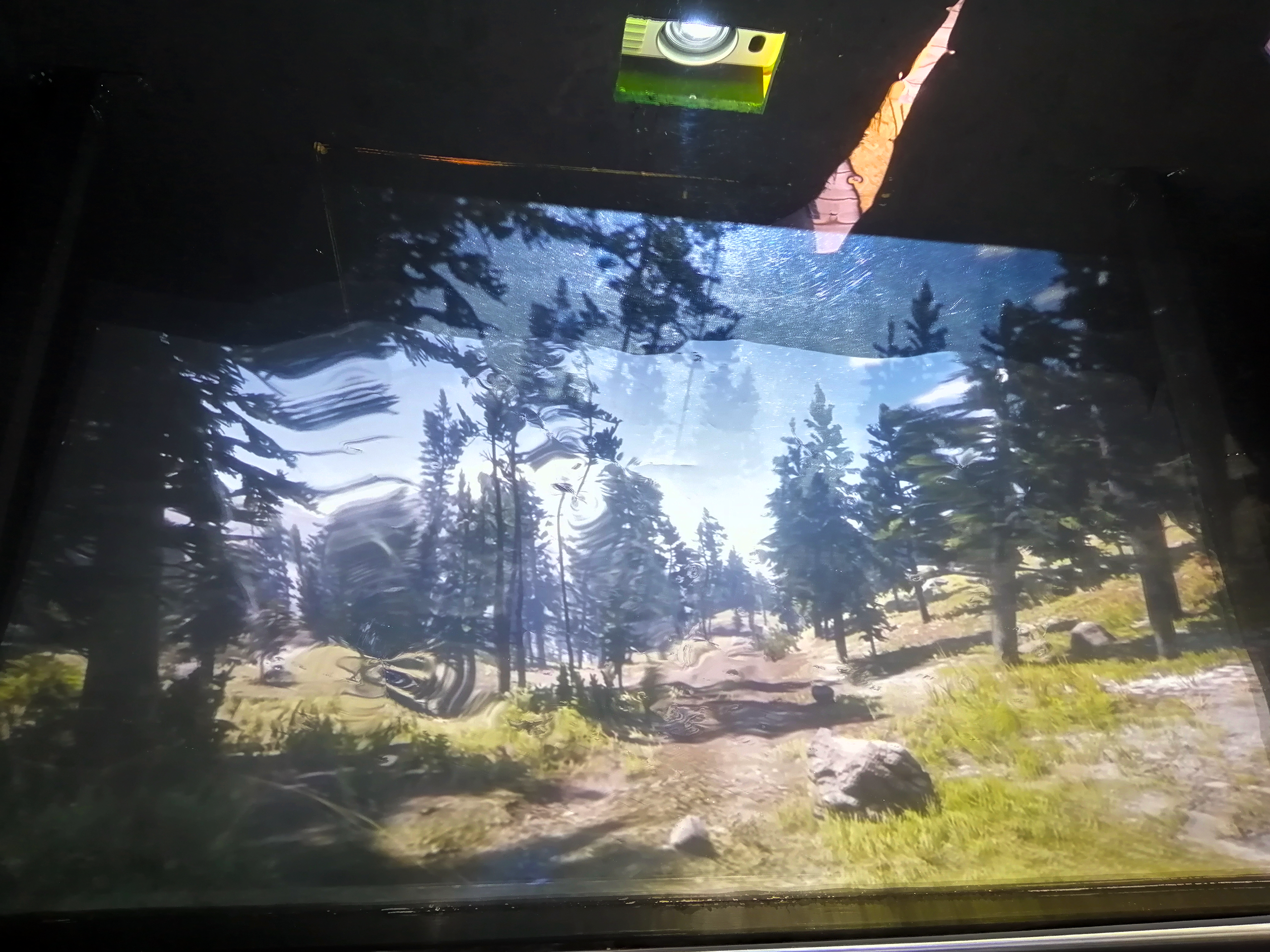
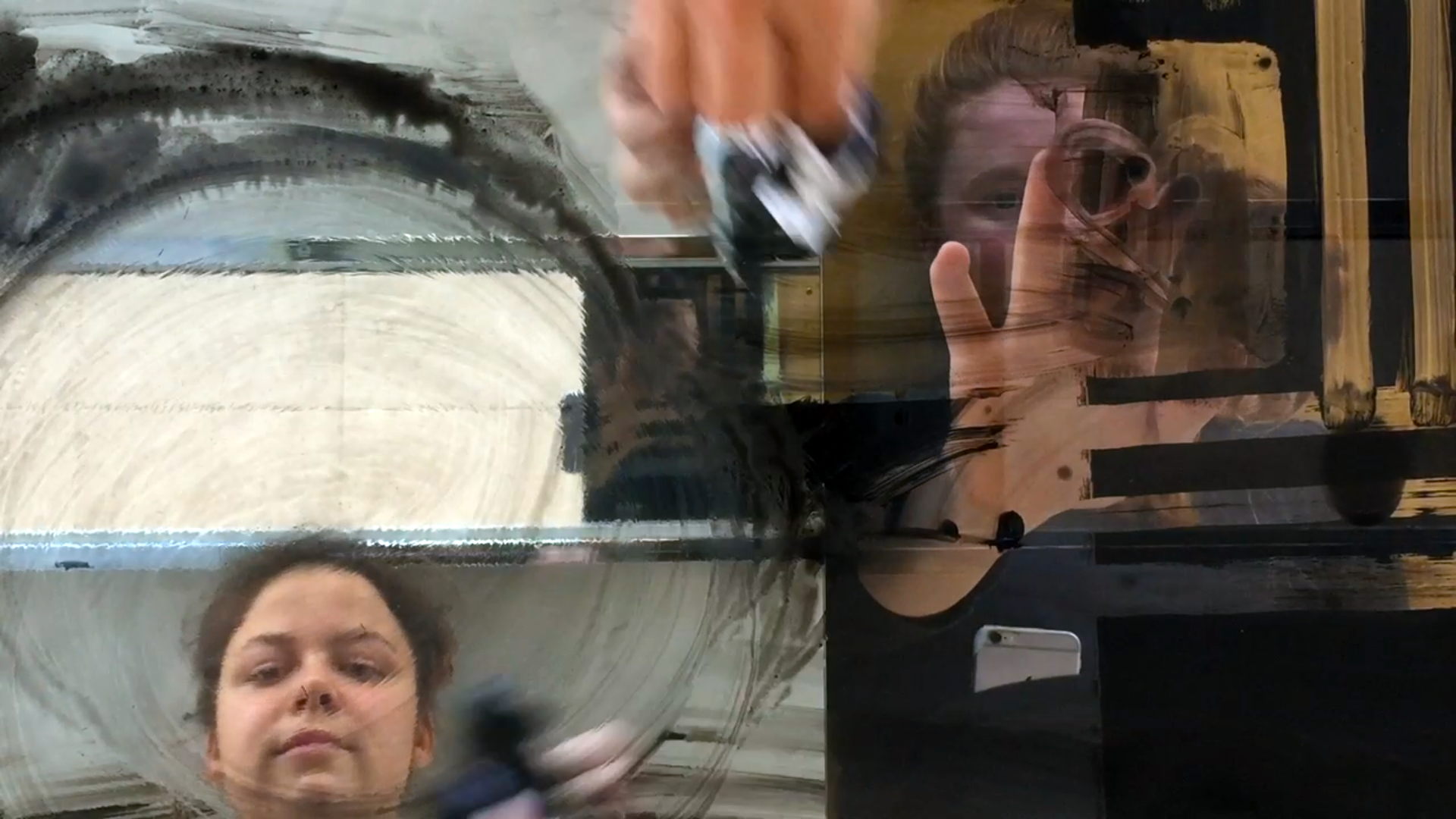
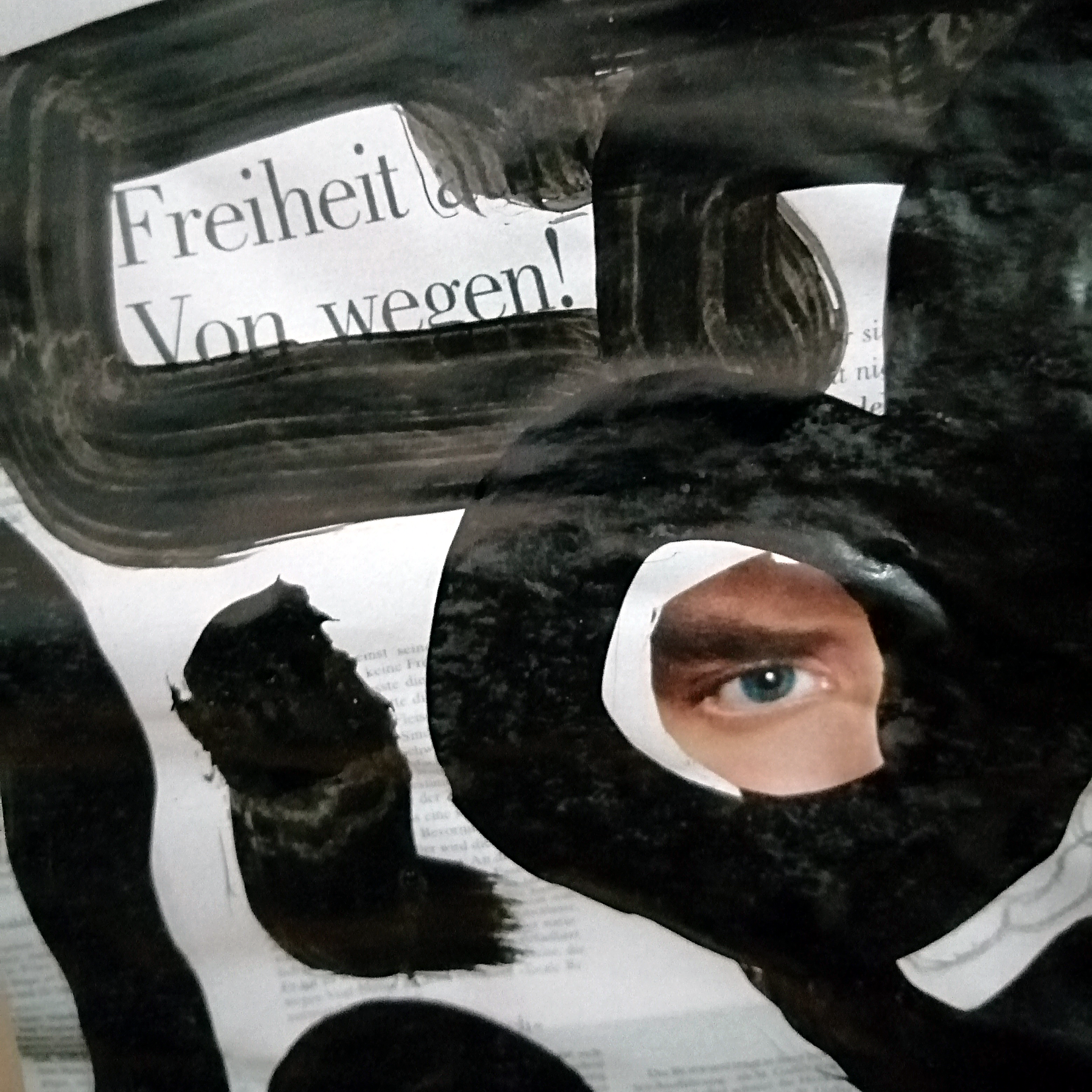
Studierende werden befähigt, auf die komplexen gesellschaftlichen Entwicklungen im Umfeld von Medien und Bildern und auf aktuelle theoretische Diskurse differenziert zu reagieren. Sie lernen Texte und Bilder zu analysieren, ihre eigenen Ansätze dazu zu formulieren, sich sowohl in Textform als auch in ihrer künstlerischen Arbeit diskursbezogen auszudrücken und ihre Haltung nuanciert, fachkompetent und bildwirksam in verschiedenen gestalterischen Berufsfeldern anzuwenden.
Im Major CIP wird individuell und in der Gruppe mit Textlektüre und -arbeit, Bildanalyse, Recherche, kritischer Debatte und mit experimentellen Zugriffen auf Theorieinhalte gearbeitet. Ergänzt mit Schreib-, Präsentations- und Projektübungen, gemeinsamen Ausstellungsbesuchen und einer Einführung in methodisches Arbeiten bietet CIP einen zeitgemässen Rahmen für den Bilddiskurs auf Masterstufe.
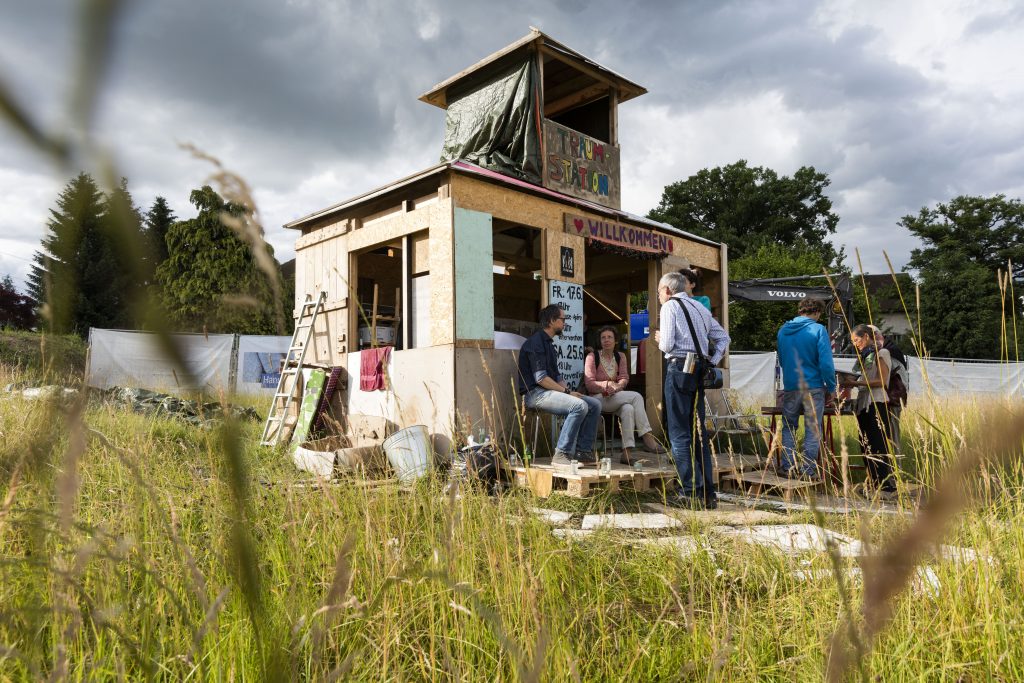
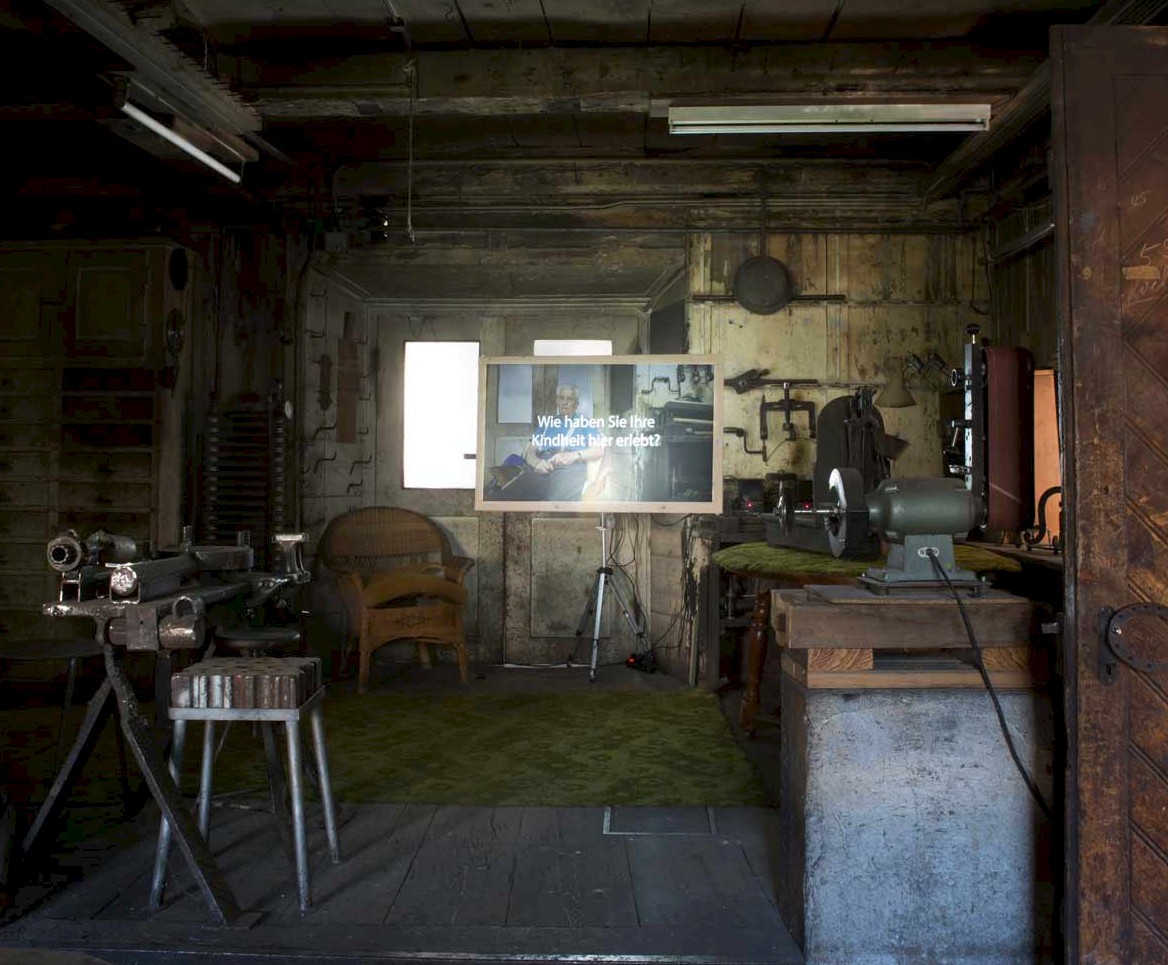
Ein zentraler Ausgangpunkt von Public Art ist das politische Engagement, das für viele Kunstschaffende neben ästhetisch formalen Fragen, inhaltliche Anliegen und gesellschaftliche Themen ins Zentrum ihrer Praxis rücken lässt. Positionen von Public Art sind kontext- oder community-spezifisch. Waren es erst die physischen Räume des Museums oder der Galerien, die demontiert und verlassen wurden, befassten sich die künstlerischen Positionen im öffentlichen Raum später mehr mit institutionellen Machtverhältnissen, sozialen Strukturen und gesellschaftlichen Repräsentationssystemen. Aktuell stehen eher diskursive Kontexte und konkrete Anliegen von spezifischen Communities im Fokus von Public Art.
Zu den wichtigsten Arbeitsmethoden der Public Art gehören Interventionen, in denen mit gestalterischen Mitteln oder künstlerisch konzeptionellen Strategien in öffentliche Räume, institutionelle oder mediale Öffentlichkeiten eingegriffen wird, Fragen aufgeworfen, aktuelle Themen aufgegriffen oder Ideen einer veränderbaren Realität in die Welt gesetzt werden. Die künstlerischen Strategien der Public Art erwiesen sich immer wieder als geeignetes Mittel, um Debatten anzustossen, Handlungs- und Ermächtigungsräume bereitzustellen und neue Öffentlichkeit und zu schaffen gemeinschaftliche Verantwortung zu fördern.
Der Major Art in Public Spheres bildet Künstler:innen und Kunstvermittler:innen aus, die mit ihrer Arbeit präzise auf aktuelle gesellschaftliche Bedingungen reagieren, eigenständig oder in Zusammenarbeit mit Institutionen künstlerische Projekte und Interventionen im öffentlichen Raum realisieren, mit spezifischen Bevölkerungsgruppen zusammenarbeiten, als künstlerische Fachpersonen Verwaltungen im Bereich Raum- und Stadtentwicklung beraten, in Kooperation mit Architekten/-innen Kunst am Bau-Projekte umsetzen oder als Künstler-Kurator:innenen Projekte in Feldern der kulturellen Bildung oder künstlerischen Forschung initiieren.
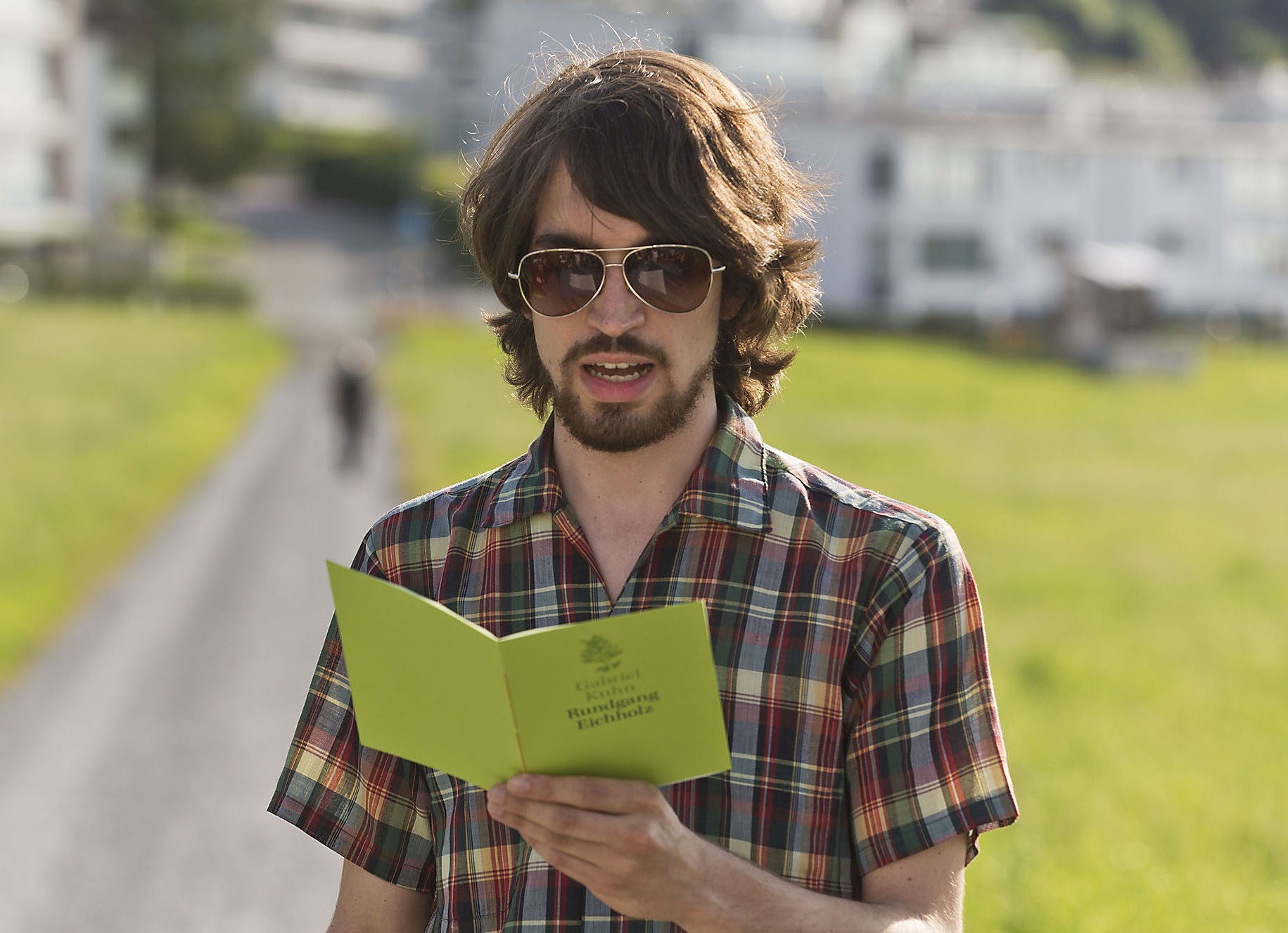
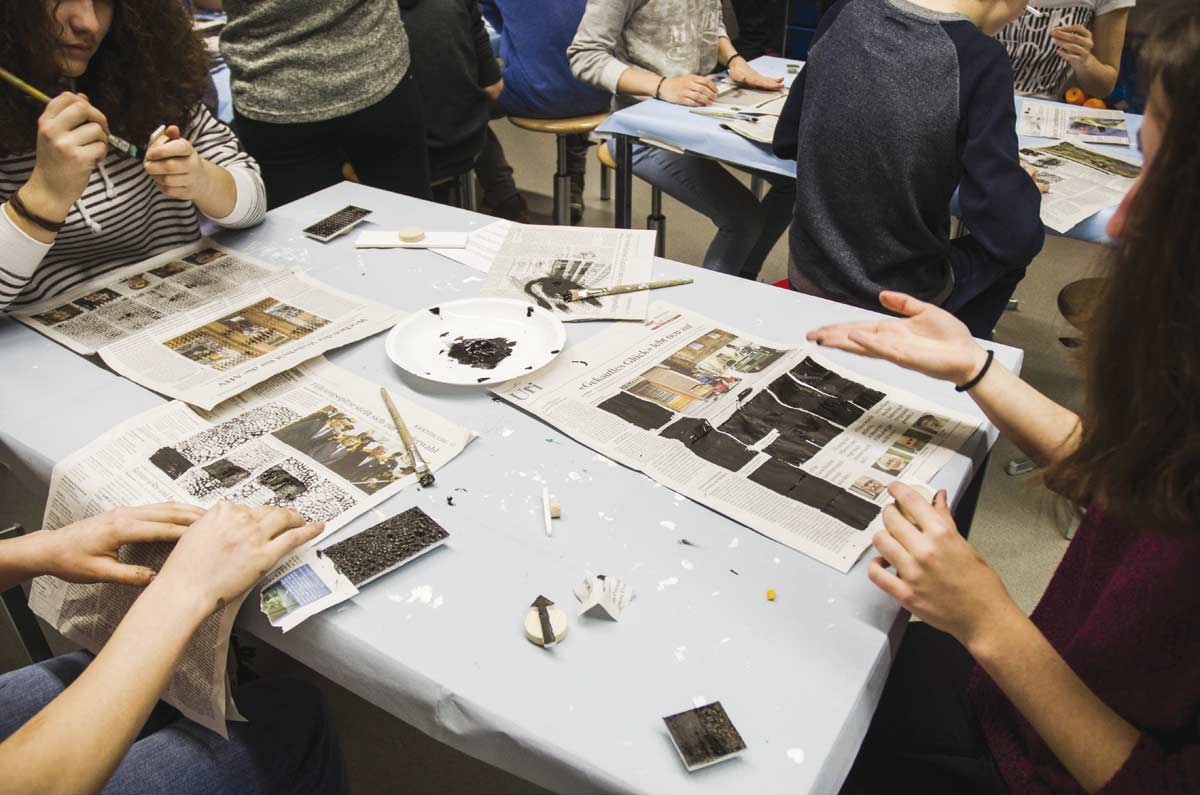
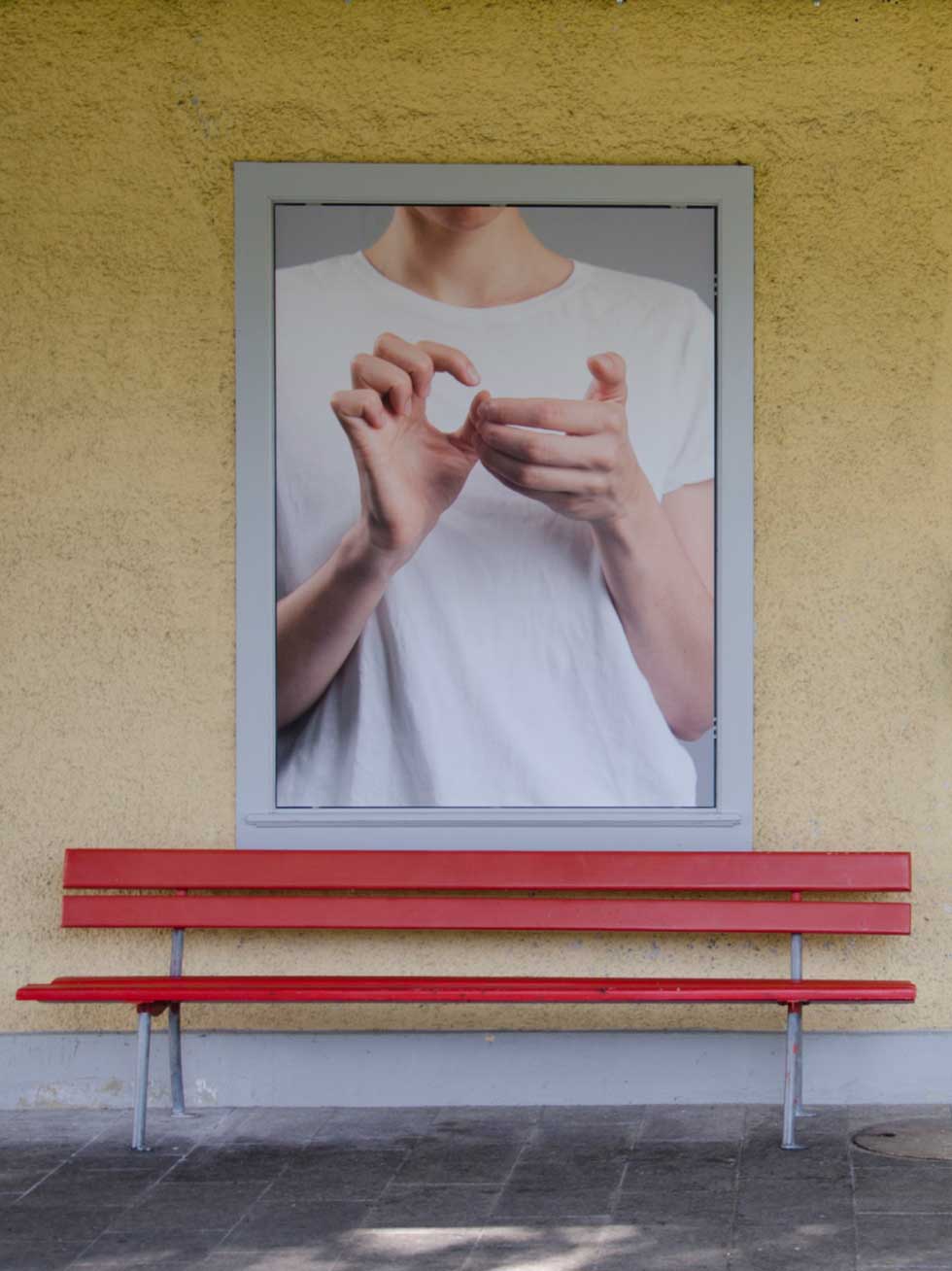
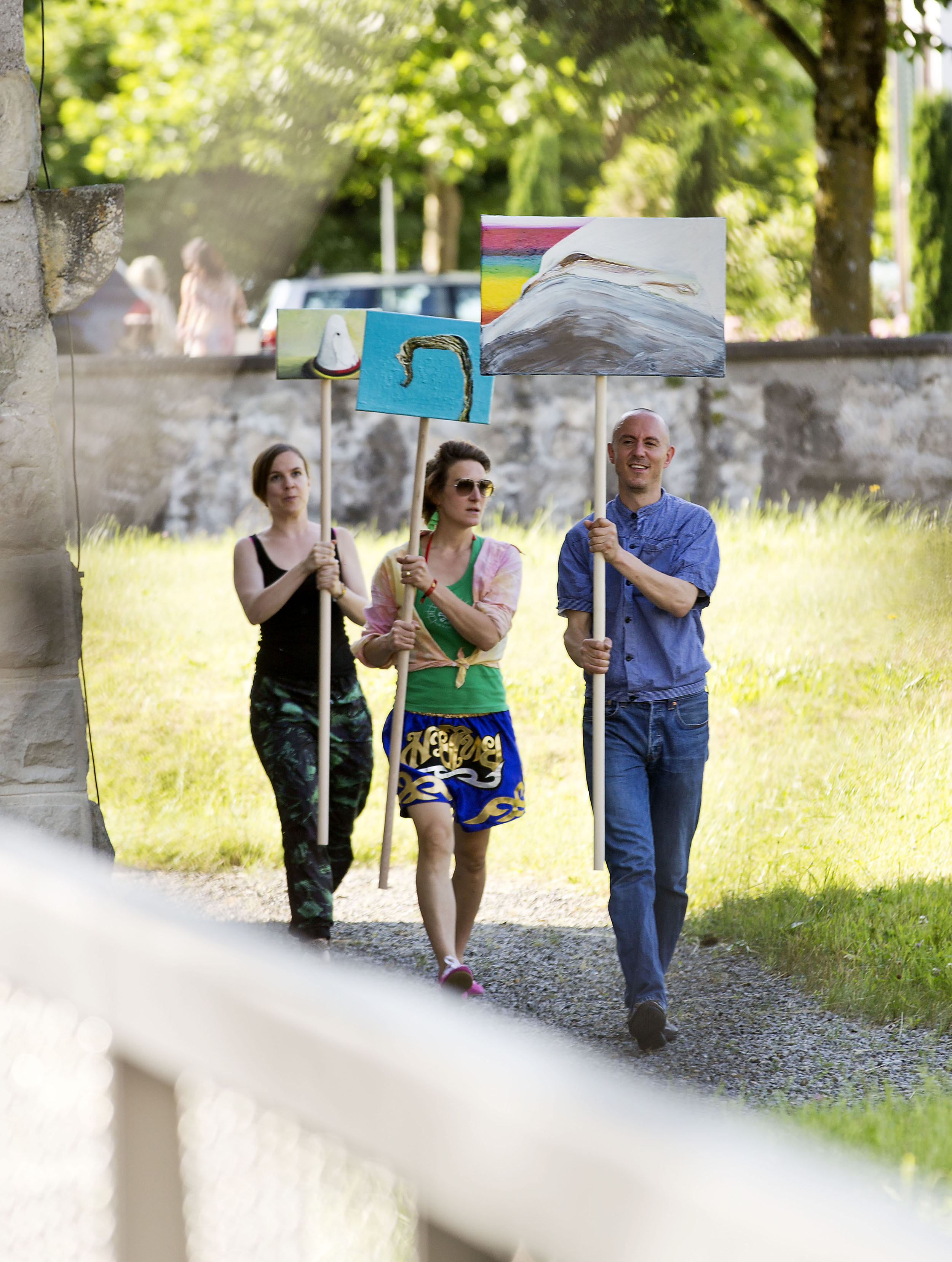
Having acquired advanced skills in arts practices and communication, graduates of the Major in Art Teaching (MAT) degree programme are equipped to initiate educational processes in the classroom. They independently devise artistic, art-educational and mediatory projects that are informed by contemporary methodologies, by discourse on participation and self-empowerment, and by critical reappraisal of institutional structures and the terms and conditions of education today, be it in schools or museum outreach programmes. As teachers and outreach professionals, graduates of the Major in Art Teaching (MAT) programme highly value their own artistic positions and are able to introduce, communicate and demonstrate them in art education contexts. The generally two-year Master of Arts in Fine Arts with a Major in Art Teaching (MAT) is non-consecutive (i.e. allows lateral entry) and may be taken part-time over a three-year period. The educational sciences part of the programme is taught in cooperation with the Lucerne University of Teaching and Education (UTE). Graduates here thus gain an EDK1-certified teaching degree that qualifies them to teach art up to baccalaureate (GCSE “A”) level.
- EDK: Swiss Conference of Cantonal Ministers of Education (Federal Swiss Board of Education)
Artistic Education
Art practice serves here as the basis for an artistically informed teaching practice.
Comprehensive mentoring by experts in art and education as well as collective projects realised with fellow students, lecturers, and scholars in relevant related disciplines complement the degree programme. Dedicated capacity building for the everyday work of newly qualified teachers, including one-on-one teaching, is core to the Lucerne School of Art and Design’s MAT programme. In comparison to other teacher training programmes, the curriculum here leaves room for ambitious artistic practice as well as theoretical insights into how to transfer practice-based knowledge to the classroom. In addition, in the course of the art education modules, students address questions that arise in the public space or the semi-public space of schools or museums.
In the Lucerne School of Art and Design’s generously equipped Workshops, existing knowledge of the disciplines Digital Skills, Video, Sound, Printing, 3D (Metal, Plastics, Ceramics and Wood) and Photography can be deepened and practical skills further honed. Comprehensive support and guidance from committed well-known artists, art educationalists, and lecturers in Cultural Studies and Art Theory are assured students throughout the degree programme. Additional practical skills are gained through participation in urban interventions, land art projects, and exhibitions of art in public space, through practice-oriented work placements (internships) and research projects, and through specific career-oriented modules.
Art Education and Related Work Placements (Internships)
Meticulously prepared and well-thought-out educational projects and work placements in schools or other settings serve to hone students’ practical skills.
In the educational sciences part of the programme four work placements must be completed: three at Swiss schools (teaching to baccalaureate level) and one in a non-school setting – ideally on an museum outreach programme or in the framework of an exhibition or mediation project in an informal educational setting, such as “Camp”, for example, the “Koküv” research and development programme launched in cooperation with Lucerne Kunstmuseum, funded by the Göhner Stiftung (Foundation) and directed by Sabine Gebhardt Fink. Throughout the entire Master’s programme, both during their work placements and in their personal artistic development, MAT students are assured the full support of personal mentors.
